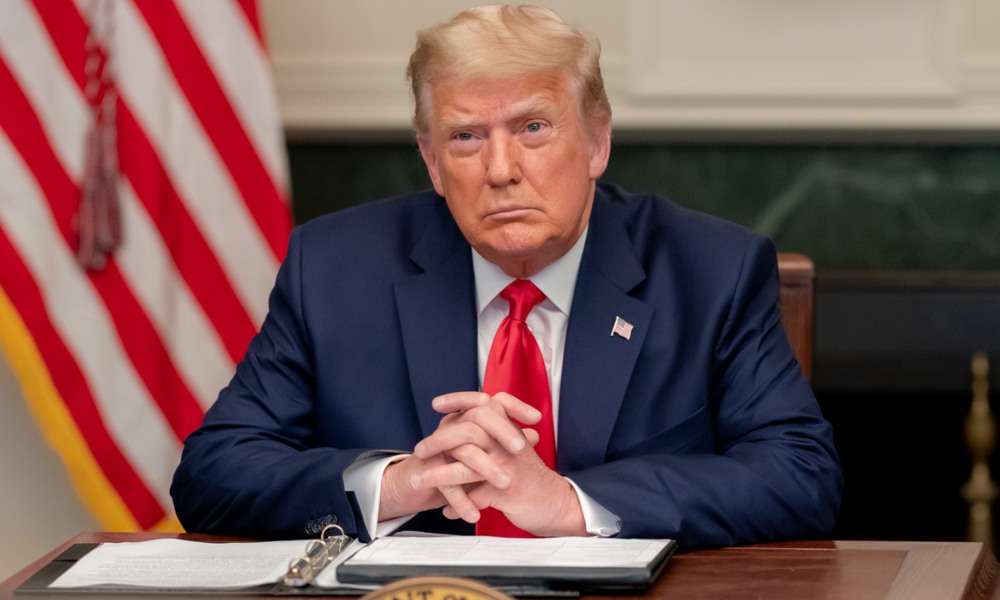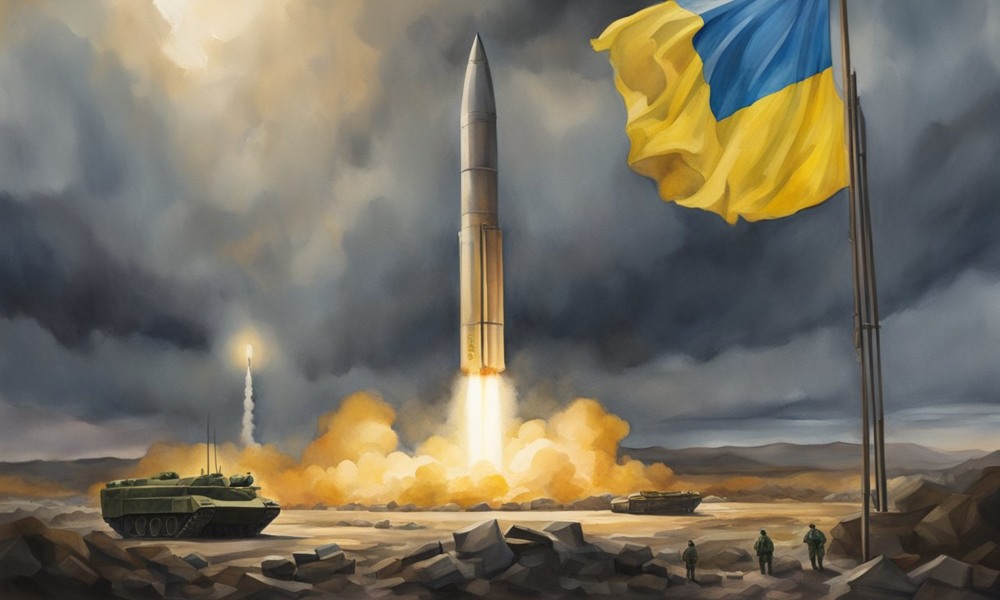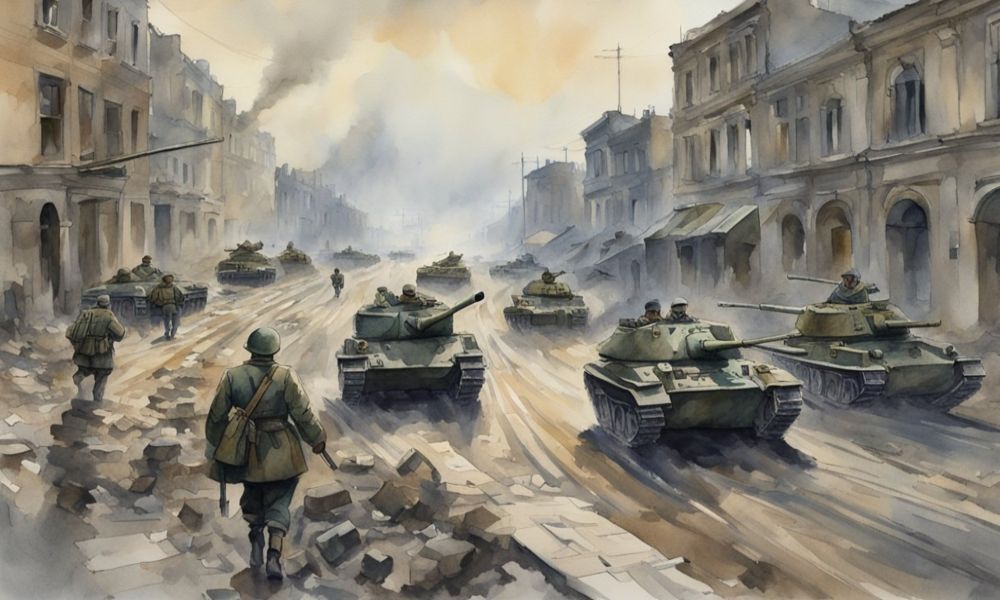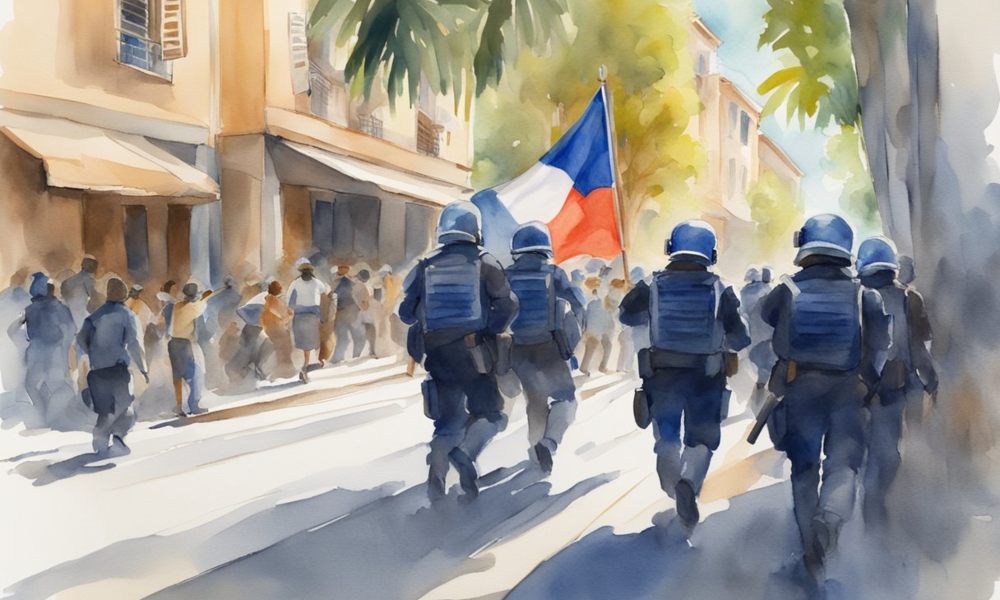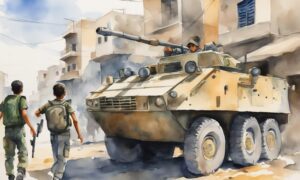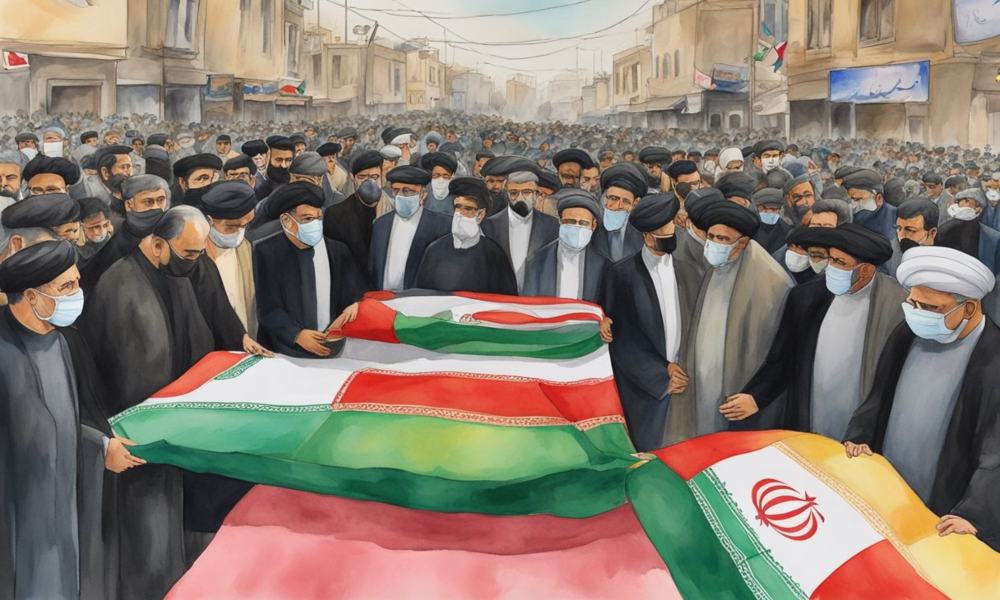Russia’s forces are struggling to make major gains in their attempt to capture the Ukrainian city of Kharkiv. Even if they manage to punch holes in Ukraine’s defenses, experts say Russia likely doesn’t have enough troops and weapons to fully exploit any breakthroughs.
- Russian forces are concentrating around Kharkiv but seem too “diluted” or depleted to overwhelm Ukraine’s resistance
- There is pressure on President Biden to allow Ukraine to strike deeper into Russia with U.S. weapons
- But Biden is cautious about escalating the conflict further or provoking Russia’s nuclear threats
- NATO is increasing military readiness, but a Republican victory could strain alliance contributions
The battle around Kharkiv in northern Ukraine may prove to be a pivotal moment in the war. Can Russia’s depleted invasion forces finally overwhelm Kyiv’s stalwart defenders here, or will their attempt fall short again?
Russian Troops Spread Too Thin?
Despite massing troops around Kharkiv, Russian forces likely lack the numbers and firepower needed to significantly advance, according to Jim Townsend, a former U.S. Deputy Assistant Secretary of Defense.
The thing is, right now, it seems the Russian forces are not powerful enough to exploit a breakthrough,” Townsend explained. “They might punch a hole through the defenses, but they’re not going to drive towards Kharkiv.
He believes Ukraine’s strategy is to try to prevent any new influx of Russian troops and equipment that could turn the tide. “They can hold the line and make sure they’re able to stop any concentration of new Russian conscripts coming in that might give the Russians power to take advantage.”
For now, at least, “the Russians don’t have it,” Townsend stated bluntly about their offensive capabilities around Kharkiv.
Pressure to Launch Deeper Strikes
There are growing calls for President Biden to allow Ukraine to strike Russian territory with the U.S. weapons it has been provided. This could mean targeting staging areas, supply lines, or other strategic military assets just across the border.
Some U.S. allies have already relaxed their restrictions to permit such cross-border strikes by Ukrainian forces using Western-supplied missiles and drones.
Biden has been reluctant, aiming to help Ukraine defend itself while avoiding extreme escalation of the conflict with a nuclear-armed Russia. However, Townsend expects the president to eventually agree to the strikes, following America’s allies.
Biden is slower to take up these challenges…it usually takes the UK or France to move ahead first before the U.S. goes along,” Townsend said. “If that pattern holds, Biden will come along but be behind a lot of the European leadership.
Challenging Russia’s Nuclear Threats
For now, Biden seems focused on walking a tightrope – undermining Russia’s war aims in Ukraine without taking actions that could provoke Putin to employ nuclear weapons, as he has repeatedly threatened.
Those threats so far appear to be “bluffs,” according to Townsend. “He hasn’t followed through on [using nuclear arms]…But we’re getting closer based on the rhetoric coming out of Moscow.”
The Biden administration is weighing whether Putin’s nuclear saber-rattling has become a red line. They must consider if relaxing strikes into Russia could finally trigger a catastrophic nuclear response.
NATO Boosting Readiness, But Future Uncertain
Turning to the NATO alliance’s preparedness, Townsend assessed it is presently in a “pretty good position” militarily compared to Russia’s struggling invasion of Ukraine.
NATO is getting stronger while the Russians are having their forces diluted by losses,” he stated. “The Russian forces are not getting stronger. Instead, they are being attrited fighting Ukraine.
However, Townsend warned that the outcome of America’s upcoming presidential election in November could significantly impact NATO’s future strength and cohesion.
If Republican challenger Donald Trump unseats Biden after vowing greater focus on Asia over Europe, Townsend advised European leaders to begin “hedging their bets” on possible gaps they may need to fill as the U.S. potentially disengages further from the alliance.
Only time will tell if Russia’s depleted invasion force can regain momentum in the battle for Kharkiv and what that could mean for the trajectory of the wider war in Ukraine. But the high-stakes gambit of this conflict shows no signs of fully resolving anytime soon.
How will the West’s continuing military aid and solidarity with Ukraine impact the fighting around Kharkiv in the weeks ahead? And could unexpected winds of political change begin to compromise that united front?
